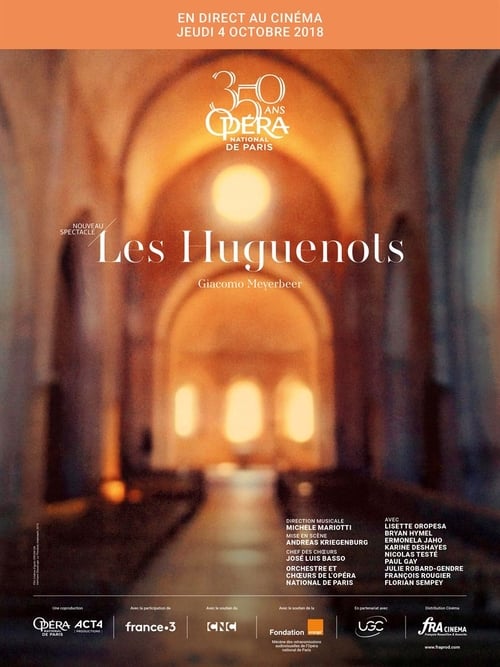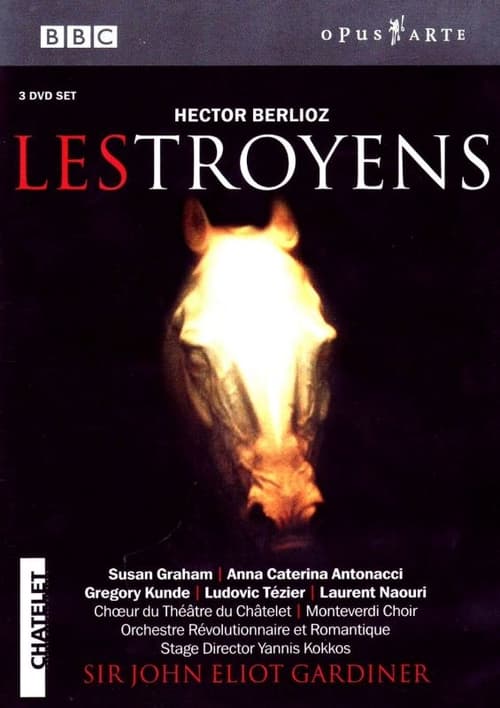Movies by Nicolas Testé

Bizet: The Pearl Fishers
Bizet’s rarely heard opera returned to the Met for the first time in a century on New Year’s Eve 2015, in Penny Woolcock’s acclaimed new production. Star soprano Diana Damrau sings Leïla, the virgin priestess at the center of the story. Matthew Polenzani and Mariusz Kwiecien are Nadir and Zurga, rivals for Leïla’s love who have sworn to renounce her to protect their friendship—and who get to sing one of opera’s most celebrated duets, “Au fond du temple saint.” Nicolas Testé is the high priest Nourabad and Gianandrea Noseda conducts Bizet’s s...

Gluck: Iphigenie en Aulide / Iphigenie en Tauride
Before the Trojan War, Agamemnon gathered the Greek armies at the port of Aulis. The goddess Diane sent unfavorable winds to prevent the Greeks from sailing. Her oracle set a condition for Agamemnon: to earn the right to sail forth and destroy an innocent country, he would have to sacrifice his own daughter. Agamemnon accepted these terms and killed his young daughter Iphigénie on the altar. In his play Iphigenia in Tauris Euripides imagines that Diane plucked Iphigénie from that altar and delivered her to a temple in distant Tauride, where ...

Castor & Pollux
Recorded at the Musiektheater, Amsterdam on 21 & 25 January 2008. Performed by De Nederlandse Opera, composer Jean-Philippe Rameau's renowned tragedy "Castor et Pollux" tells the myth-based story of the selfless love between two brothers: Castor, who is mortal, and the immortal Pollux. When Castor dies trying to prevent the kidnapping of the woman he loves, Pollux decides to become mortal and replace his brother in the Underworld. Finnur Bjarnason, Henk Neven and Anna Maria Panzarella star.

Opéra National de Paris: Meyerbeer's Les Huguenots
Les Huguenots is a monumental fresco featuring various impossible loves in the context of the Saint Bartholomew Massacre. Andreas Kriegenburg places these timeless conflicts of love and religion in an immaculate setting in which the costumes appear yet more flamboyant and the victims’ blood more violently red.

Berlioz: Les Troyens
This epic opera follows Virgil, beginning as the Greeks appear to have ceded the field after ten years of the Trojan War. Cassandra tries to warn of the terrible fate to come, but fate is set and Troy falls. The first two acts cover this tragic end, then the flight of survivors to Carthage and events at Carthage continue in acts 3 - 5, culminating in the further voyage for Italy and Rome. This is Virgil's classic epic, in operatic form, in about a three and a half hour performance from French Opera.